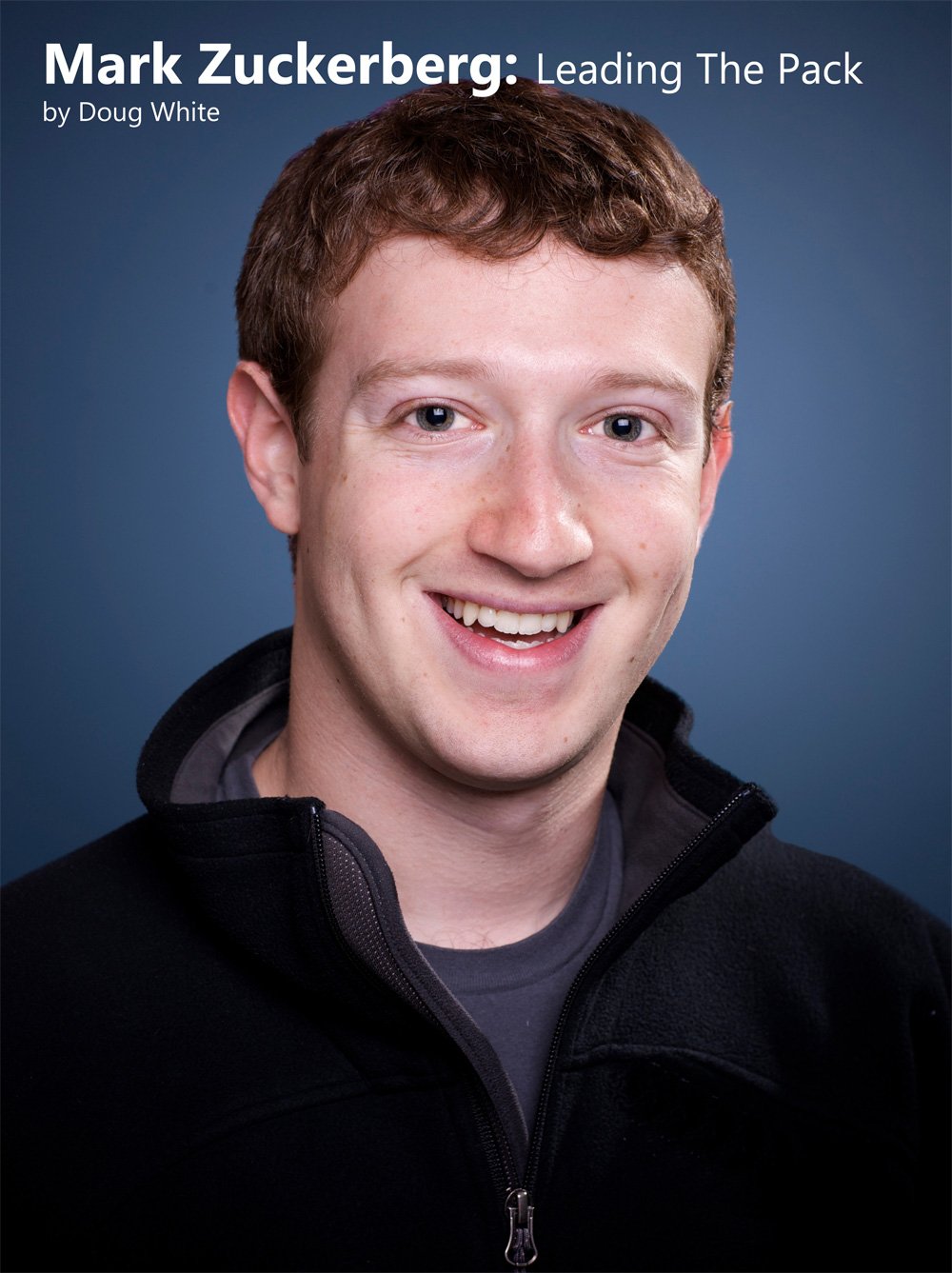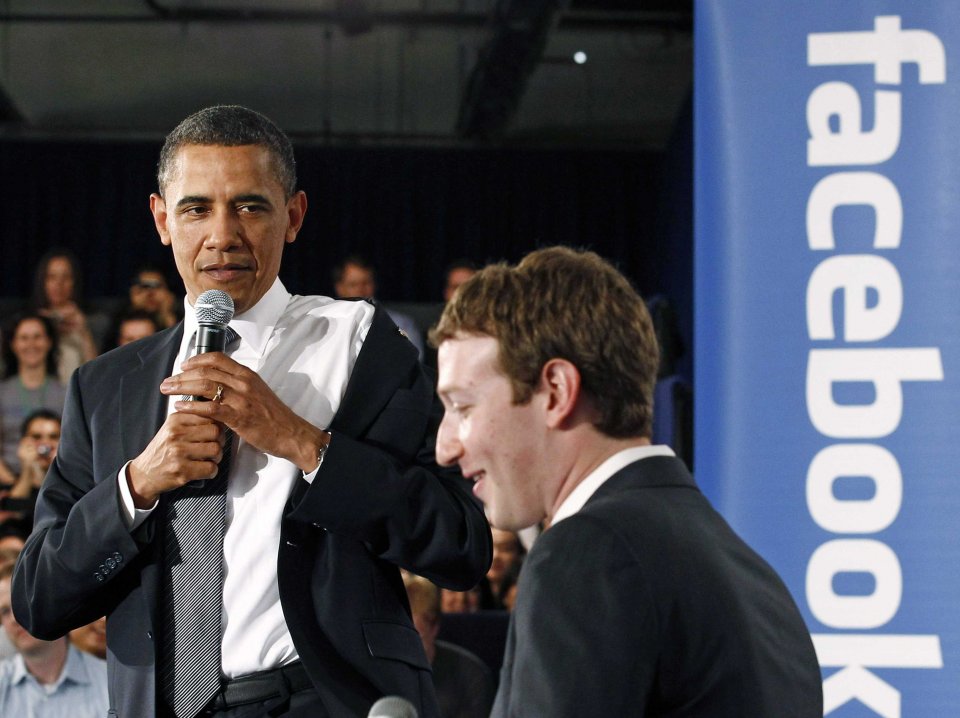



For a few years now, Mark Zuckerberg and Warren Buffett have been playing philanthropy leapfrog. In 2012, Buffett was ranked as the most generous donor in America, followed by Zuckerberg. In 2013, with a gift of almost $1 billion of Facebook stock to the Silicon Valley Community Foundation, Zuckerberg took the title. Then in 2014, with an end-of-year big gift of Berkshire Hathaway stock to the Gates Foundation, Buffett reclaimed it.
The competition arguably delights Buffett, cofounder of the Giving Pledge, the promise by some of the world’s wealthiest people to dedicate at least half of their wealth to philanthropy. Buffett, 84, is the oldest signatory of the exclusive billionaire’s club and Zuckerberg, at 30, is the youngest.
Zuckerberg has yet to write a pledge letter describing his philanthropic philosophy. However, one key to understanding the Facebook cofounder, and perhaps getting an insight into what drives his giving, might be his anti-authoritarian bent.
A little more than a decade ago, while still a student at the prestigious prep school Phillips Exeter, Zuckerberg developed a program he called Synapse Media Player. The program, which cleverly digested a listener’s musical behavior, relied on a concept now ubiquitous with popular online streaming programs like Pandora and Spotify. Both Microsoft and AOL showed an interest in buying the program outright and hiring the teenage inventor, but Zuckerberg chose instead to go to college. Today, the creation by the Harvard sophomore (and subsequent dropout) of what would become Facebook is the stuff of legend.
Zuckerberg’s nascent philanthropic career has been defined as much by its lack of predictability as by the size of his donations—an approach that may perhaps be a reflection of his youth as well as the agility associated with tech start-ups. In 2010 he gave $100 million to help public education in the Newark school system, a gift he reportedly planned to make anonymously before being convinced otherwise (though the timing of the gift coincided with the release of the movie, The Social Network, which portrayed the entrepreneur in a somewhat negative light). A year later, he pledged almost $500 million in company shares to the Silicon Valley Community Foundation for education and health care before doubling down in 2013 with his billion dollar gift. The gifts to the SVCF, though channeled to a very different locale and population from his Newark donation, are a testament to Zuckerberg’s still settling focus on K-12 education. Among his philanthropic peers supporting education, Zuckerberg is a bit of an outlier with such gifts to early ed.
“Rather than waiting until later in life to focus on giving back,” he said after the announcement of his Newark gift, “I’ve spent the last year researching and looking for the most impactful ways to improve education starting in America. Newark has unfortunately become a symbol of public education’s failure—of a status quo that accepts schools that don’t succeed.” Separately, in a speech at Stanford University, Zuckerberg told students that he feels “acutely” the need to solve “tangible problems,” to work at something fundamental to how people live.

But has his gift been, in Zuckerberg’s words, impactful? While classroom trends take years to reveal themselves, it is clear that infusing that kind of money into a school system isn’t easy. According to the magazine Mother Jones, the first $1 million paid for a “poorly conducted” community survey that had to be overhauled by Rutgers and New York University before its rollout. From the beginning there were complaints that New Jersey Gov. Chris Christie and then Newark mayor (and now U.S. Senator) Cory Booker were too secretive about their agenda and the allocation of funds. Only after a lawsuit was filed by the ACLU was it disclosed that half—$50 million—was earmarked for higher salaries for “highly effective” teachers—a practice that elsewhere has been highly controversial. And the foundation board established to allocate the donation was assailed because it included only one resident of Newark—Cory Booker. An op-ed in the Newark Star-Ledger stated, “Yes, it’s their money. But it’s Newark’s kids.”
As a philanthropist, Zuckerberg has more recently turned his eye to immigration reform, to promoting research in the life sciences through an annual award, and to advancing web access in the developing world through a nonprofit called Internet.org—an ambition that Bill Gates himself dismissed as “a joke” compared to Gates Foundation’s projects such as a vaccine against malaria.
Once the razzle-dazzle of a big gift subsides, Zuckerberg is learning, philanthropy can be a messy business, and people who are used to having their own way bump up against the clamorous process that is often intrinsic in charitable giving. For someone with a famous my-way-or-the-highway approach, what happens then?